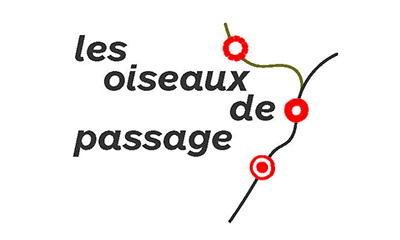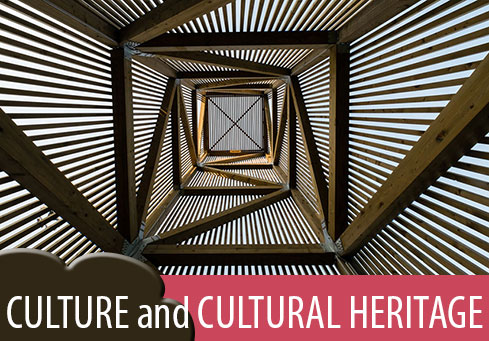Contact: Mr. Prosper Wanner
FCN members since: 2016
Profile: Cultural Tourism, Socially Responsible Business
Membership status: Active
http://lesoiseauxdepassage.coop
Context
Because hospitality must be easily available to most people, because our Society has to recognise the value of such initiatives, Les oiseaux de passage brings those hospitality offers together under:
- a common brand: a symbol, a sign, a name.
- a shared web marketplace which will track development outcomes and uses.
- a cooperative ownership and governance. Since 2010, two prototypes of web platforms from hosts to guests/passengers were developed: hoteldunord.coop (Marseille) et skrytemesto.cz (Pilsen).
The Les oiseaux de passage common strategy, from human to humans, host to hosts, history to histories, allows us to bring new competitive added values, which are as favourable for the hosts as they are for the passengers/guest.
Description of Activity
Les oiseaux de passage is a common toolkit for promoting and commercialising hospitality offers in order to facilitate meeting, connecting and linking, exchanging, passing on knowledge, discovering new territories and inhabitants who live and work on the spot. «Welcome at»: Bed and breakfast, youth/young worker's hostels, «Discovering»: company visits, urban walks, artistic routes throughout towns, «Written»: books, films, «Produced»: local production (produce and products), «Passing on knowledge»: workshops, training, «Shared»: good places, events. As today the human rights, the rule of law, the democracy are seriously undermined, Les oiseaux de passage reaffirms the necessity of those universal rights, as especially the free movement of people, their right to participate in cultural life, their right to just and favourable remuneration, and holidays for all.




